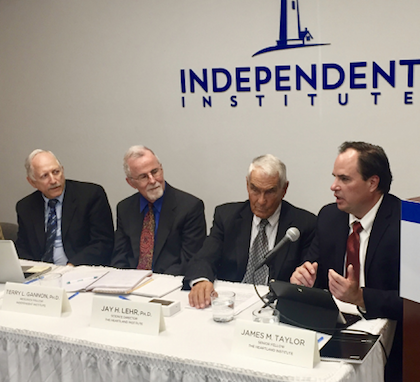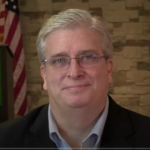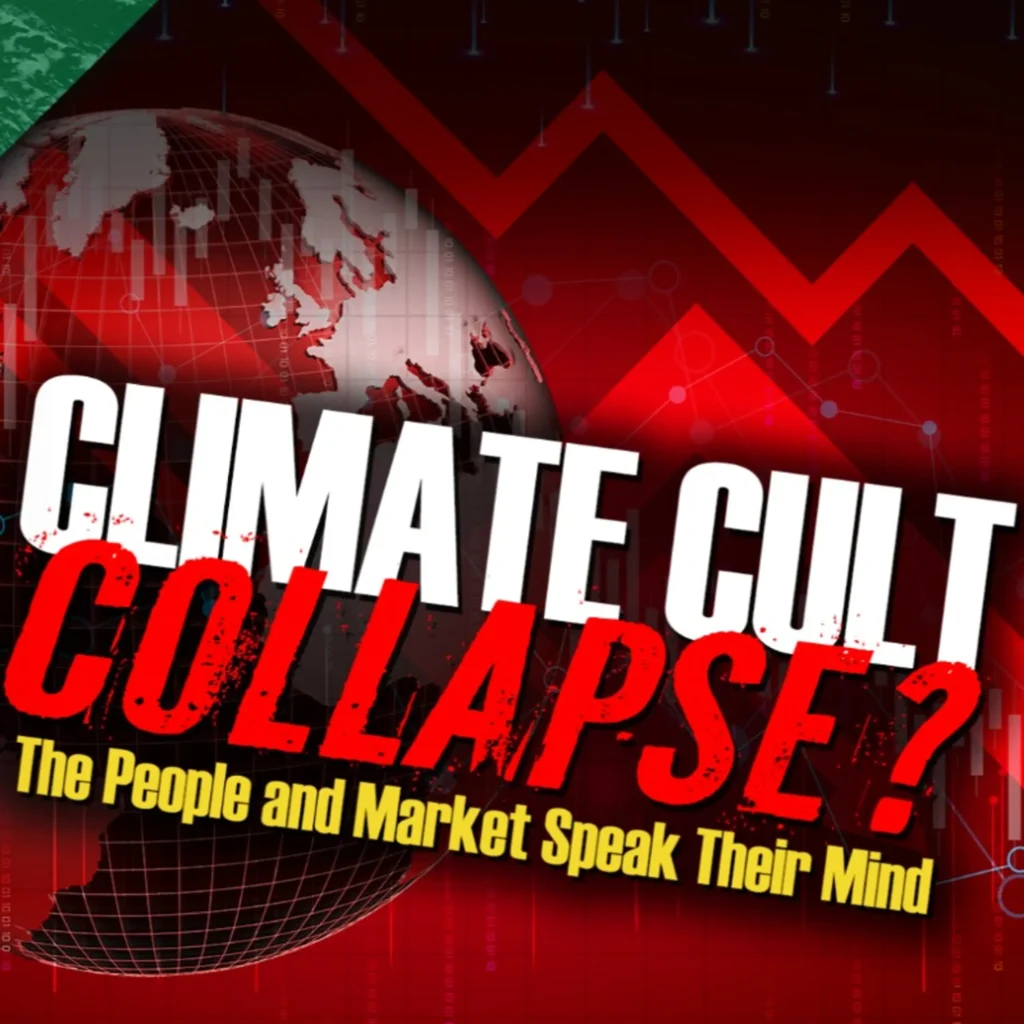The National Science Teachers Association (NSTA) issued a statement last week insisting that climate science claims be verified by observational evidence and scientific testing. The Heartland Institute – a national think tank that is globally recognized for promoting skepticism about man-caused, catastrophic climate change – applauds NSTA’s position, which states: “Scientific explanations must be consistent with existing empirical evidence or stand up to empirical testing.”
The Heartland Institute could not agree more. Failed climate models and speculative projections that cannot be verified through scientific observations do not constitute “evidence” of anything. They are mere projections and must be verified through scientific observations and “empirical evidence” and “empirical testing.”
Since the United Nations Intergovernmental Panel on Climate Change (IPCC) issued its First Assessment Report and presented its first climate projection models in 1990, observational evidence has regularly contradicted alarmist climate predictions and vindicated global warming realists.
For example, the First Assessment Report predicted 0.3 Celsius degrees of warming each ensuing decade for the following century. Skeptics predicted a continuation of the modest 0.1 degrees Celsius per decade. Since that First Assessment Report, empirical evidence and testing show temperatures have risen merely 0.13 degrees per decade, much closer to skeptic projections than the alarmist projections of 0.3 degrees.
As a result, the IPCC has conceded its error and unilaterally split the difference with skeptics, with the IPCC now predicting merely 0.2 degrees warming per decade. As global temperatures continue to warm at the modest pace of 0.13 degrees per decade, the IPCC will soon be forced to make more concessions to empirical evidence vindicating skeptics.
“Ideas based on political ideologies or pseudoscience that fail these empirical tests do not constitute science and should not be allowed to compromise the teaching of climate science,” the NSTA statement continues. “These tactics promote the teaching of non-scientific ideas that deliberately misinform students and increase confusion about climate science.” Again, The Heartland Institute wholeheartedly agrees with this admonition.
Said James Taylor, senior fellow for environment and energy policy at The Heartland Institute:
“Until and unless there is a prolonged period of real-world temperature and climate data matching alarmist models and predictions, the Scientific Method demands a rigorous empirical testing of alarmist climate predictions against empirical evidence. Appeals to dogma and supposed scientific authority equate to pseudoscience and must be vigorously compared and contrasted with empirical evidence.”
The Heartland Institute and the climate realist community at large are committed to supporting the constant testing of pseudoscientific proclamations and political agendas with real-world evidence. To that end, Heartland last week live-streamed a scientific rebuttal to the political drivel at California Gov. Jerry Brown’s Global Climate Action Summit.
Heartland also intends to co-sponsor the European Institute for Climate and Energy’s (EIKE) annual International Conference on Climate Change this November in Munich, Germany. Heartland also intends to send a delegation of scientists and policy experts this December to Katowice, Poland, for the next United Nations Conference of the Parties (COP-24). Further cementing its commitment to empirical scientific testing of pseudoscientific theories based on political ideologies, The Heartland Institute and a team of scientists are developing a science guide for teachers and students on important climate change issues. Heartland intends to publish this guide in early 2019.
The National Science Teachers Association is correct: All scientific claims, including those related to climate change, must be rigorously tested against empirical scientific evidence. The evidence to date vindicates climate realists in their critiques of alarmist speculation and failed models. The Heartland Institute will continue to advance this important mission, regardless of attacks from political ideologues who seek to shut down scientific investigation and debate.






